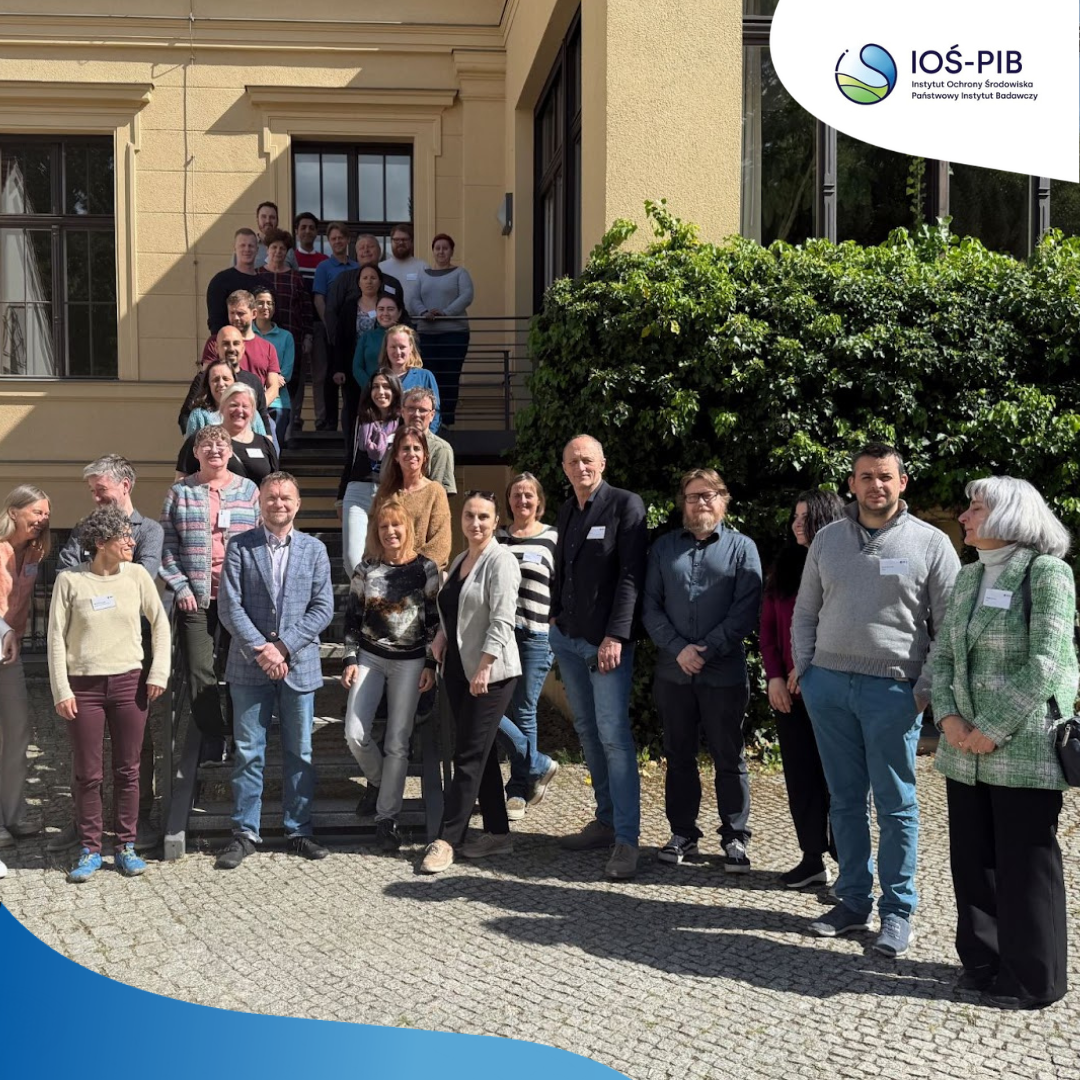
On May 5–7, 2025, the annual meeting of the Task Force on Measurements and Modelling (TFMM) took place in Potsdam. TFMM operates within the framework of the European Monitoring and Evaluation Programme (EMEP), part of the UNECE Convention on Long-range Transboundary Air Pollution (UNECE LRTAP). This event represented a crucial element of international cooperation in the field of air pollution monitoring and modelling, enabling the exchange of knowledge and experiences among experts from across Europe.
The meeting was primarily dedicated to the evaluation of the implementation of TFMM tasks planned for 2024–2025 and the preparation of proposals for a new work plan for 2026–2027. A review of progress in emission measurements and modelling of transboundary air pollution transport was conducted, allowing for the identification of key challenges and priorities for the coming years. The adopted conclusions and recommendations provide a foundation for more effective air quality monitoring and more accurate forecasting of pollution impacts, both regionally and globally.
This year’s edition of the meeting was organized and chaired by Joanna Strużewska, Head of the Department of Atmospheric and Climate Modelling (ZMAiK) at IOŚ-PIB, and co-chair of TFMM, together with Paolo Laj from the World Meteorological Organization (WMO). The international perspective of the discussions facilitated the development of coherent and coordinated actions to counteract transboundary air pollution, contributing to a stronger and more unified approach across Europe.
During the sessions, Joanna Strużewska presented the results of analyses conducted by the ZMAiK team, focusing on the transboundary transport of air pollution to and from Poland. These studies, commissioned by the Ministry of Climate and Environment, were based on the use of advanced numerical modelling with the application of the GEM-AQ model (Global Environmental Multiscale Air Quality model). The GEM-AQ model enables precise tracking of pollutant movement in the atmosphere, identification of their sources, and assessment of their impact on air quality in various regions of Europe. The presented results contributed to a better understanding of the mechanisms of pollution transport and the development of more effective strategies to mitigate their negative impact on the environment and human health.
Thanks to the joint work of TFMM experts and the presentation of the IOŚ-PIB team’s research findings, it became possible to develop more integrated approaches to air quality modelling in Europe. The conclusions drawn during the Potsdam meeting represent a significant contribution to international efforts aimed at reducing pollution and improving air quality across the continent.
More information about EMEP:
emep.int
emep-ccc.nilu.no/monitoring-program


